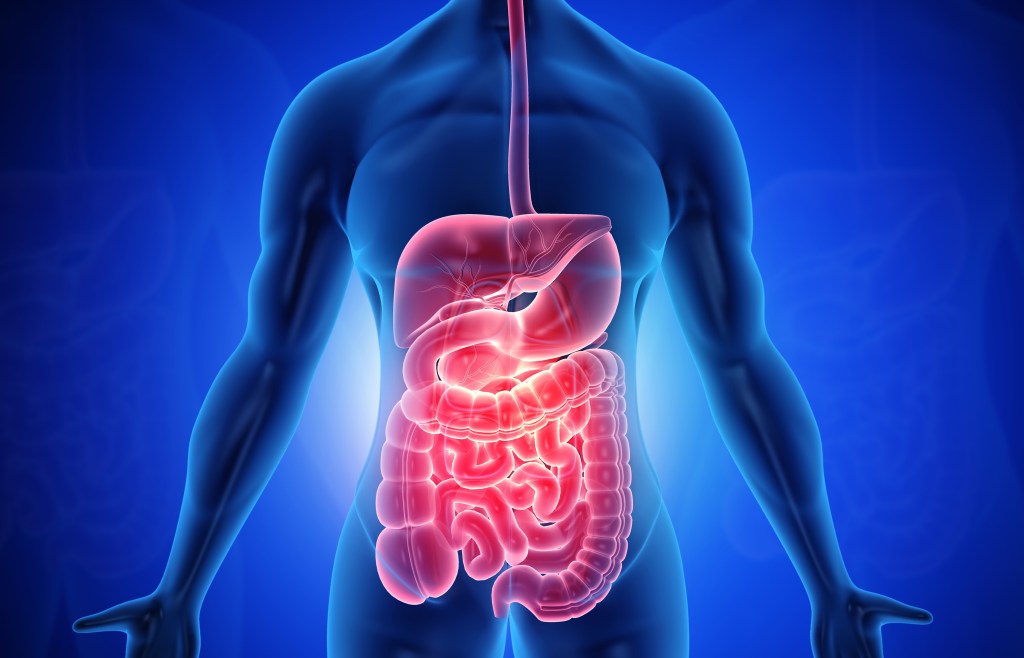
Findings
Insights, discoveries, and analysis from Harvard scholars and scientists.
-
 Health
HealthSix cancers rising faster in younger adults than older ones
Large new global study fuels growing concern over trend of increases in several types
-
 Science & Tech
Science & TechCan a chatbot be a co-author?
Physicists take souped-up ChatGPT out for a spin, return home with significant discovery
-
 Science & Tech
Science & TechA ‘cocktail’ recipe for brain cells
Stem cell biologists discover how to regenerate type damaged in ALS, spinal cord injuries
-
 Health
HealthDrinking 2-3 cups of coffee a day tied to lower dementia risk
Caffeinated tea also found to slow cognitive decline in study
-
 Science & Tech
Science & TechBreaking chess’s rating stalemate
Ranking skill can be tricky when the best players draw more than they win, so a Harvard statistician invented a new method
-
 Health
HealthNew AI tool predicts brain age, dementia risk, cancer survival
Unlike other AI models, BrainIAC needs limited data to ID key neurological health indicators
-
Nature offers novel approach to oral wound care
Slug’s sticky mucus inspiration behind adhesive hydrogel that can seal wounds in wet environment
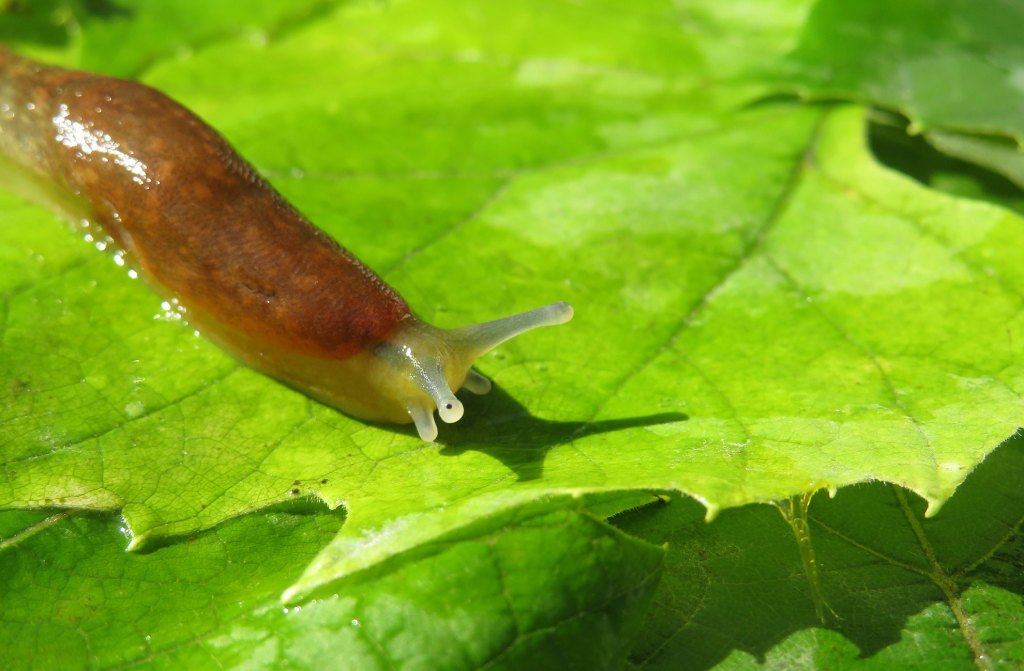
-
Time for a rethink of colonoscopy guidelines?
Change informed by new findings would help specialists focus on those most at risk, researcher says
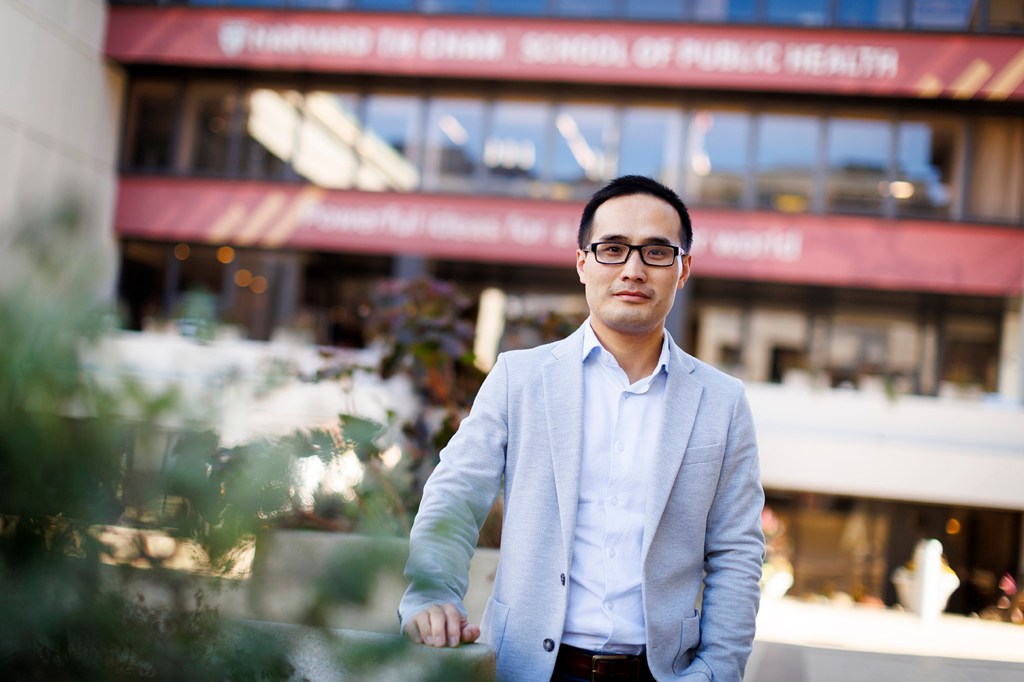
-
The deadly habit we can’t quite kick
Actions by tobacco companies worry researcher even amid ‘dramatic decrease’ in smoking among young Americans
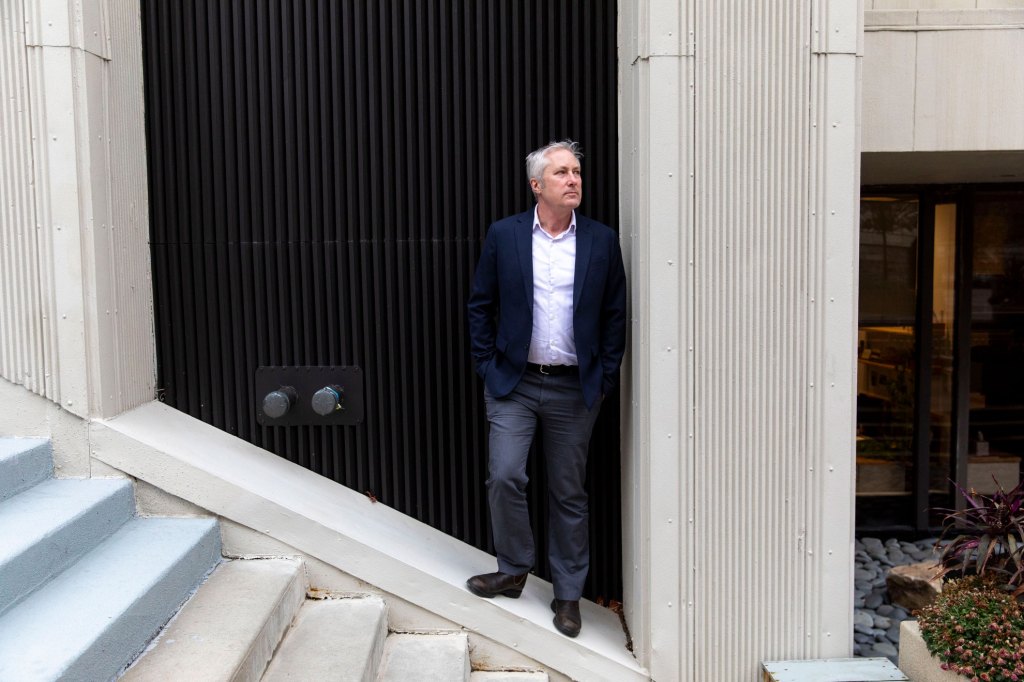
-
Real reason ACL injury rate is higher for women athletes
Study finds flaw in key sports science metric

-
Exact cause of Notre-Dame fire still unclear. But disaster perhaps could’ve been avoided.
Leadership expert says foreseeable factors all contributed to complex failure. Consistent focus needed on best practices, rules, procedures.

-
Why do gliomas tend to recur in the brain?
First look at the interplay between neurons and tumors sheds light on formation, spread
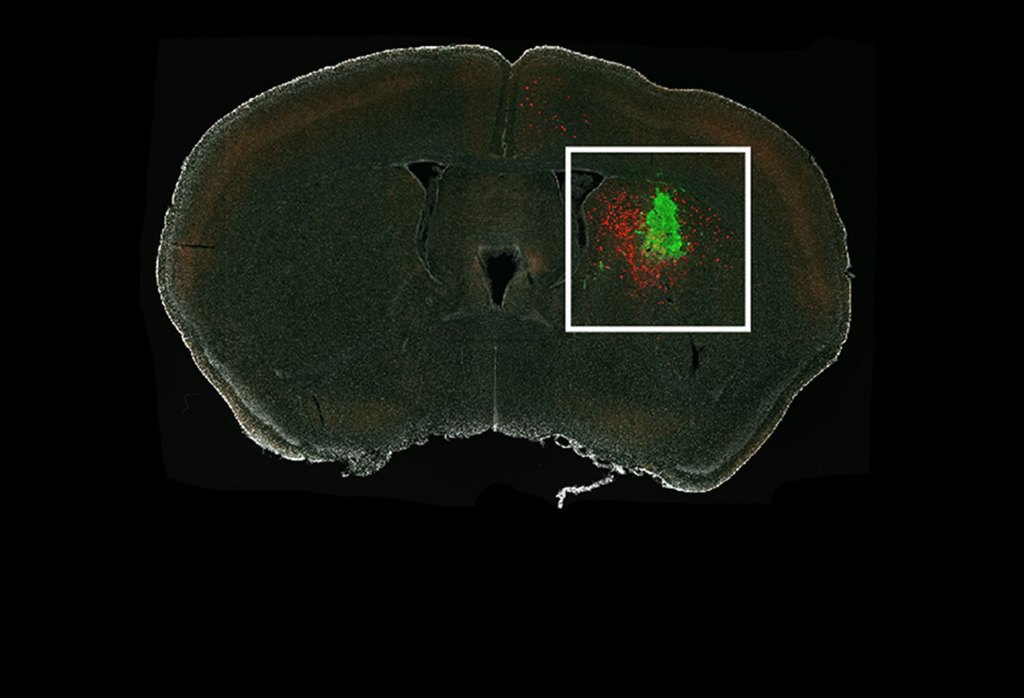
-
Probe the gut, protect the brain?
In fight against Parkinson’s and other disorders, two-way connection may someday lead to a breakthrough
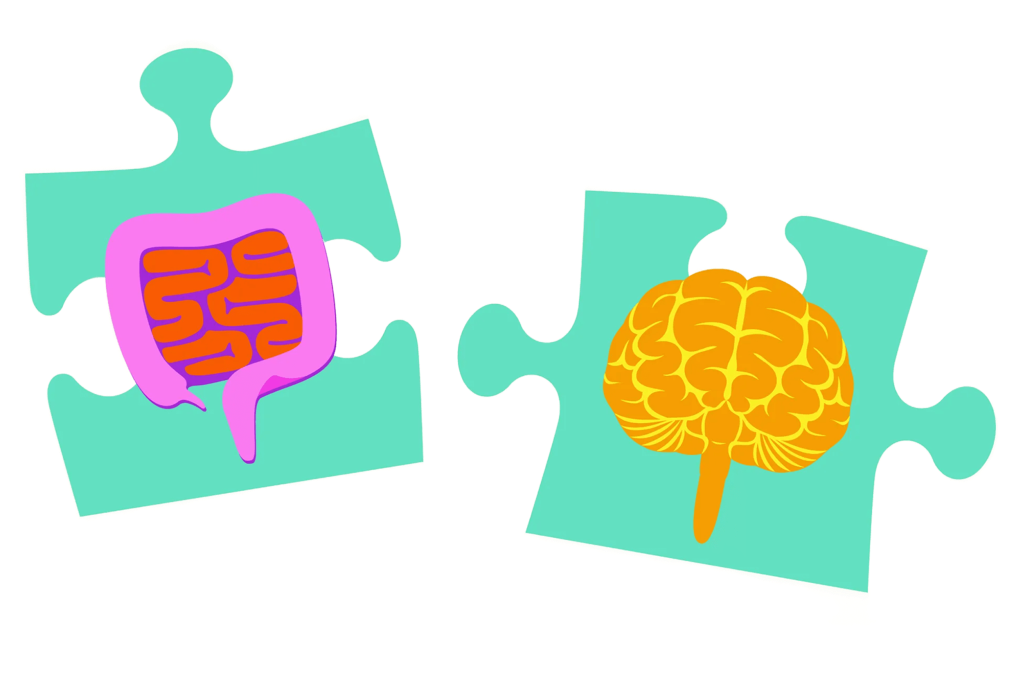
-
A common sense, win-win idea — and both right, left agree
Poll measures support for revenue-sharing plan on renewable energy that helps states, localities, and environment
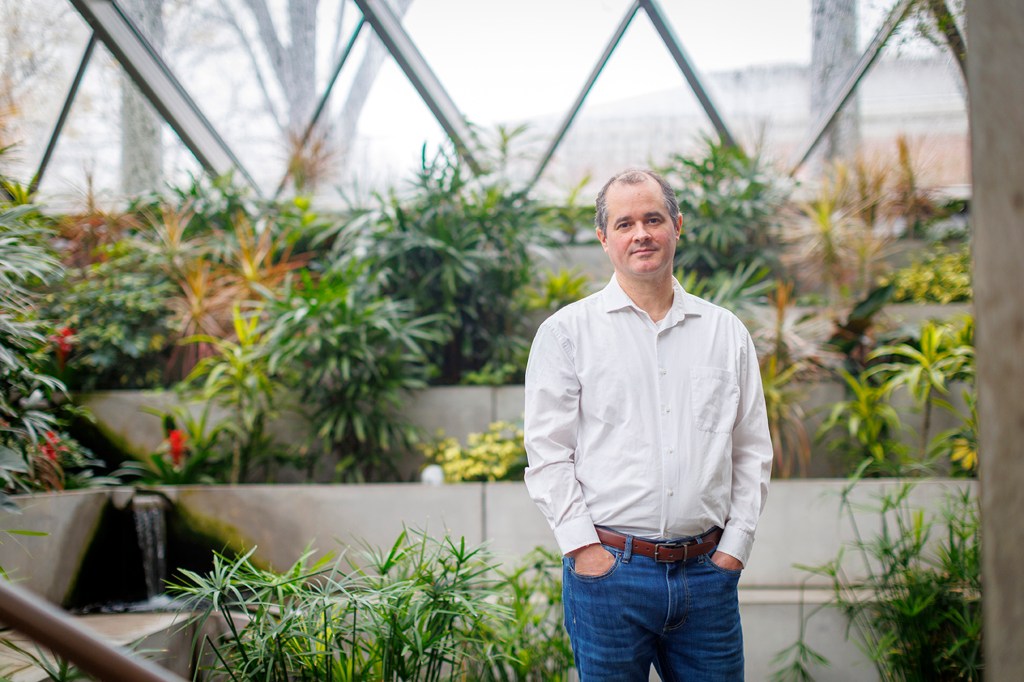
-
Why be kind? You might live longer.
Take our research-based quiz on biological benefits of being good
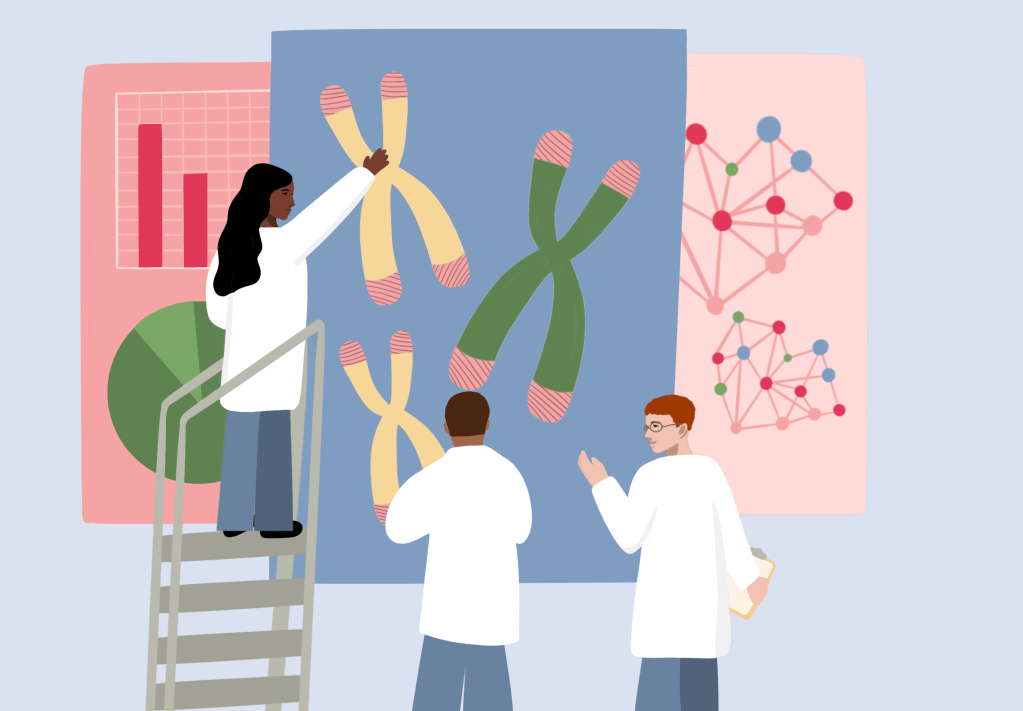
-
Score another point for the plants
Study finds 1:2 ratio of plant to animal protein lowers risk of heart disease

-
Dance the audience can feel — through their phones
Engineer harnesses haptics to translate movement, make her art more accessible

-
How HIV research has reshaped modern medicine
Decades of scientific work turned the tide on a fatal disease and yielded insights into immunity, vaccines, and more

-
Ever wonder why your dog does this?
Study decodes neural mechanism that causes hairy mammals to shake their fur when wet

-
Rapid relief for the severely depressed? There’s a catch.
Ketamine carries risks, say researchers. Yet for some patients, it’s ‘the only thing that works.’

-
How humans evolved to be ‘energetically unique’
Metabolic rates outpaced ‘couch potato’ primates thanks to sweat, says new study
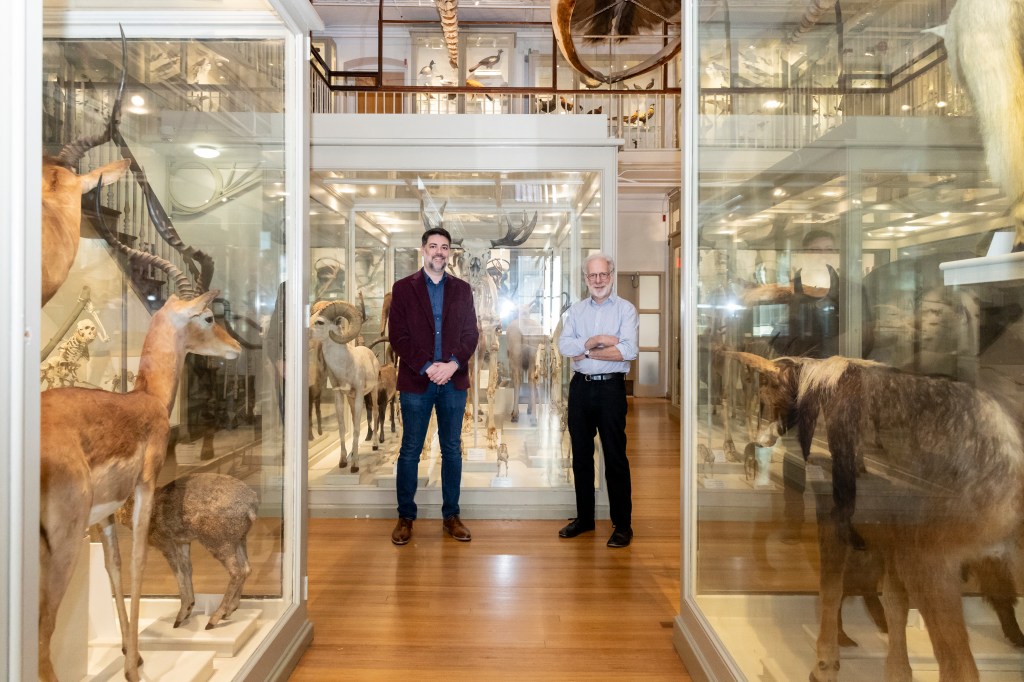
-
Too much sitting hurts the heart
Even with exercise, sedentary behavior can increase risk of heart failure by up to 60%, according to study

-
‘Harnessing evolution’
New tool allows researchers to study gene mutation directly within living human cells
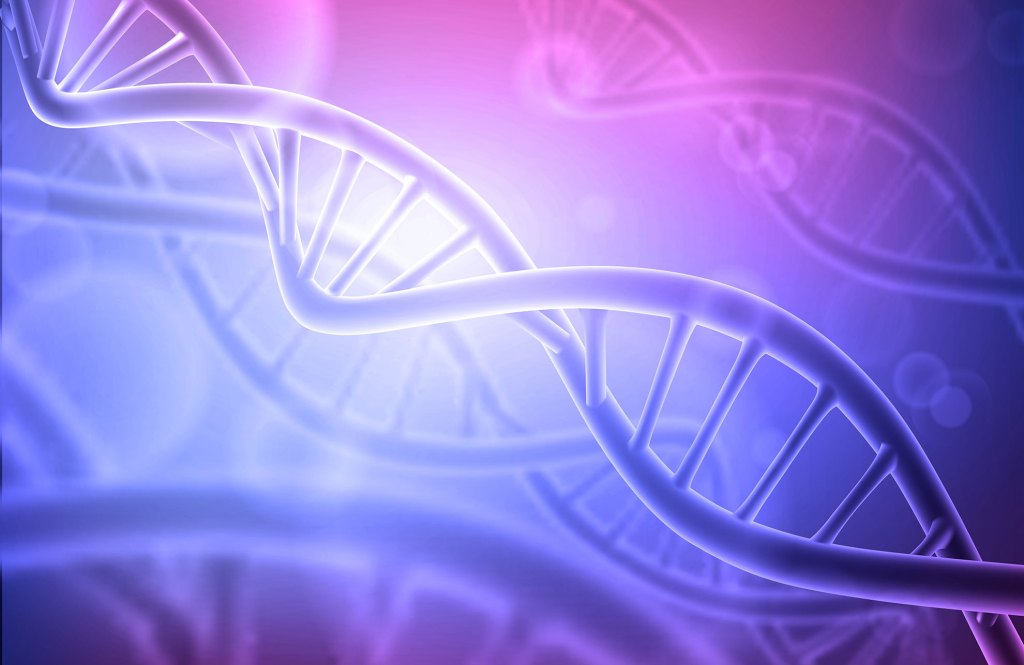
-
How mammals got their stride
Revealing twists, turns of evolution from sprawling to upright posture
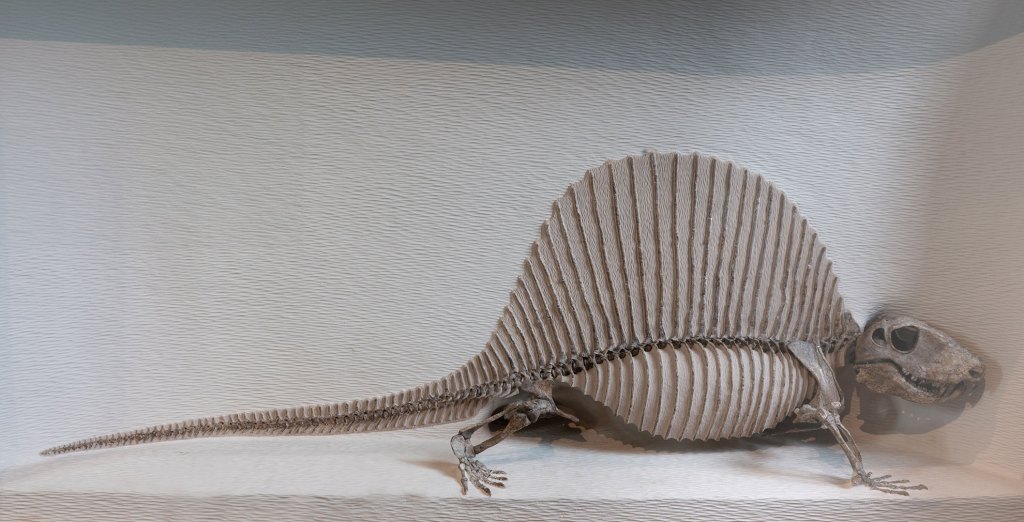
-
Study pinpoints optimal timing for RSV vaccine during pregnancy
Five weeks before giving birth best transfers maternal antibodies to the fetus, say researchers
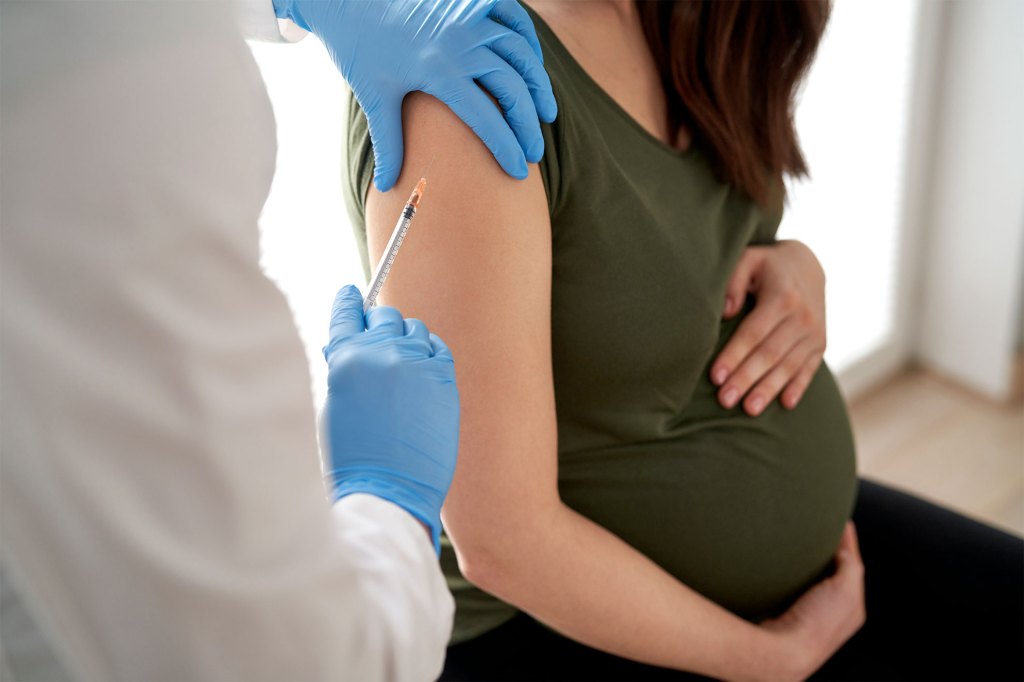
-
Cutting through the fog of long COVID
Researchers say new AI tool sharpens diagnostic process, may help identify more people needing care
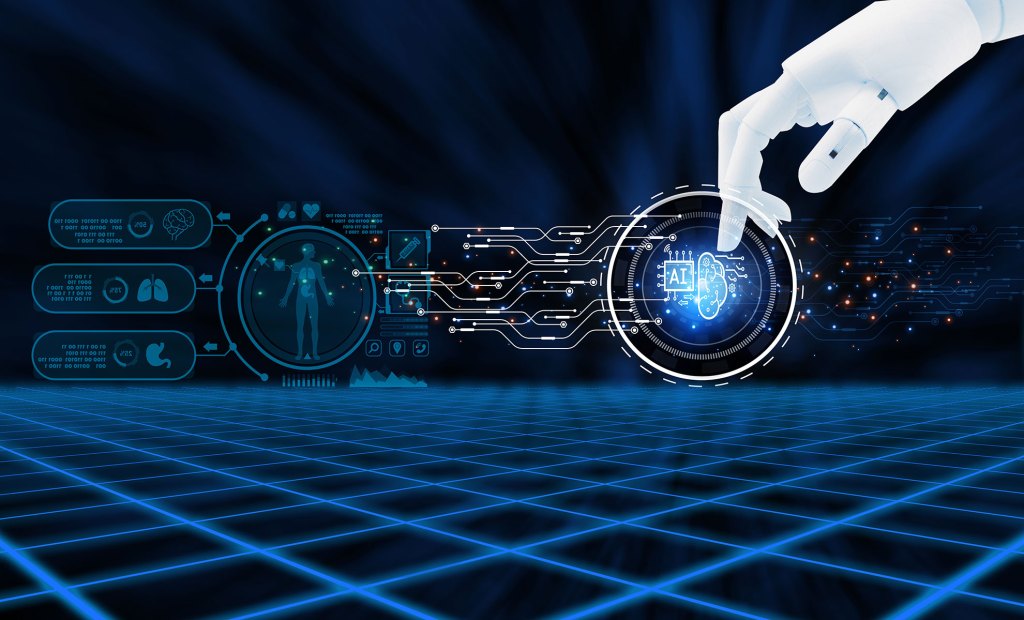
-
U.S. fertility rates are tumbling, but some families still go big. Why?
It’s partly matter of faith. Economist examines choice to have large families in new book.
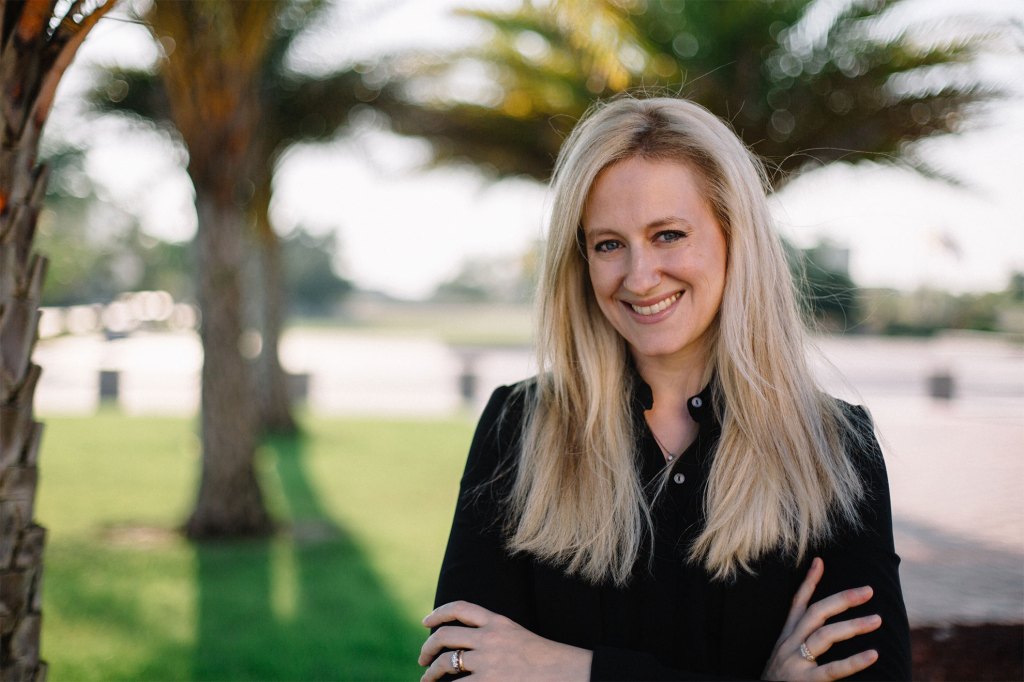
-
Warning for younger women: Be vigilant on breast cancer risk
Pathologist explains the latest report from the American Cancer Society
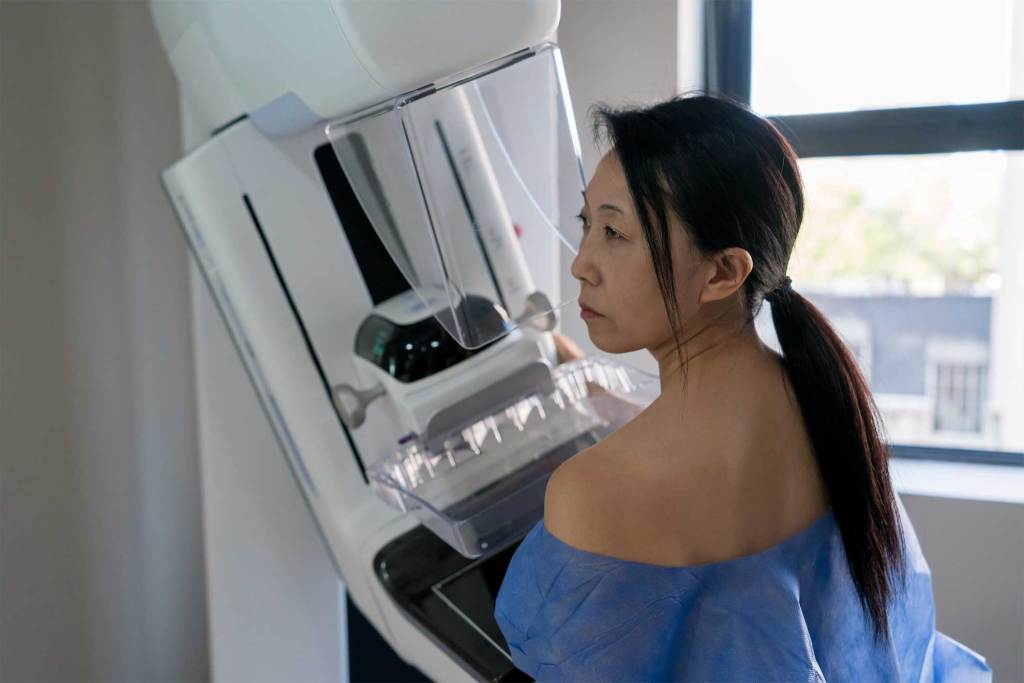
-
Grappling with how clearings may support rainforest animal life
New research offers detailed overview of layout, makeup of canopy gaps in Congo

-
Mars may have been habitable much more recently than thought
Study bolsters theory that protective magnetic field supporting life-enabling atmosphere remained in place longer than estimates

-
Study shows vitamin D doesn’t cut cardiac risk
Outdoor physical activity may be a better target for preventive intervention, says researcher

-
Weight-loss surgery down 25 percent as anti-obesity drug use soars
Study authors call for more research examining how trend affects long-term patient outcomes
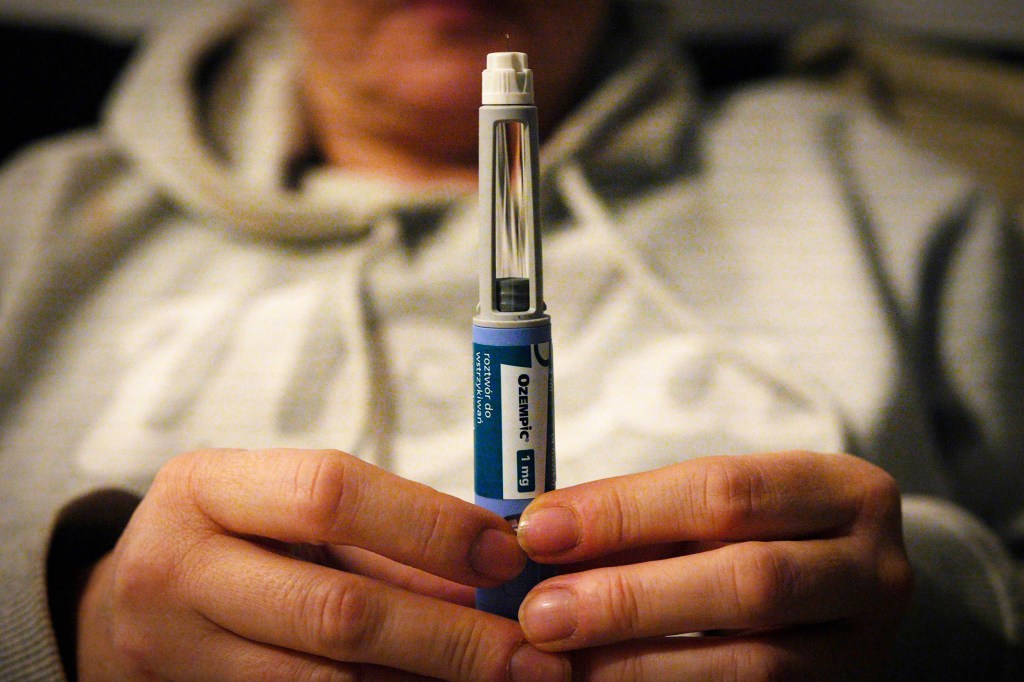
-
How to fight depression? Faster.
Hope flags when medications fail, isolating and endangering patients. Backed by a major grant, 2 Harvard scientists are focused on reducing the distance between diagnosis and recovery.
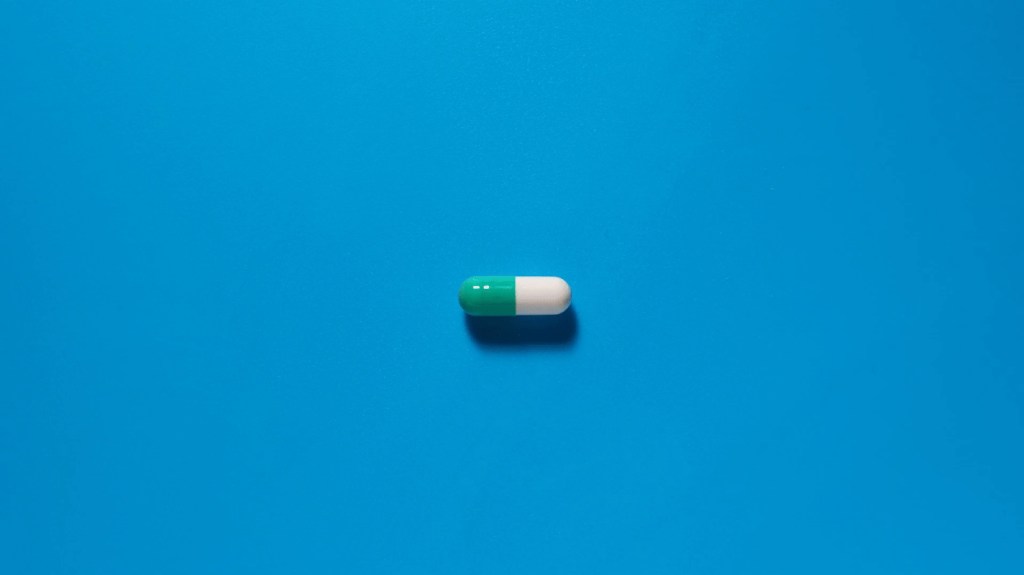
-
What happened when a meteorite the size of four Mount Everests hit Earth?
Giant impact had silver lining for life, according to new study

-
Big discovery about microscopic ‘water bears’
Bit of happenstance, second look at ancient fossils leads to new insights into evolution of tardigrade, one of most indestructible life forms on planet

-
The making of the gut
Studies connect genetics, physics in embryonic development
